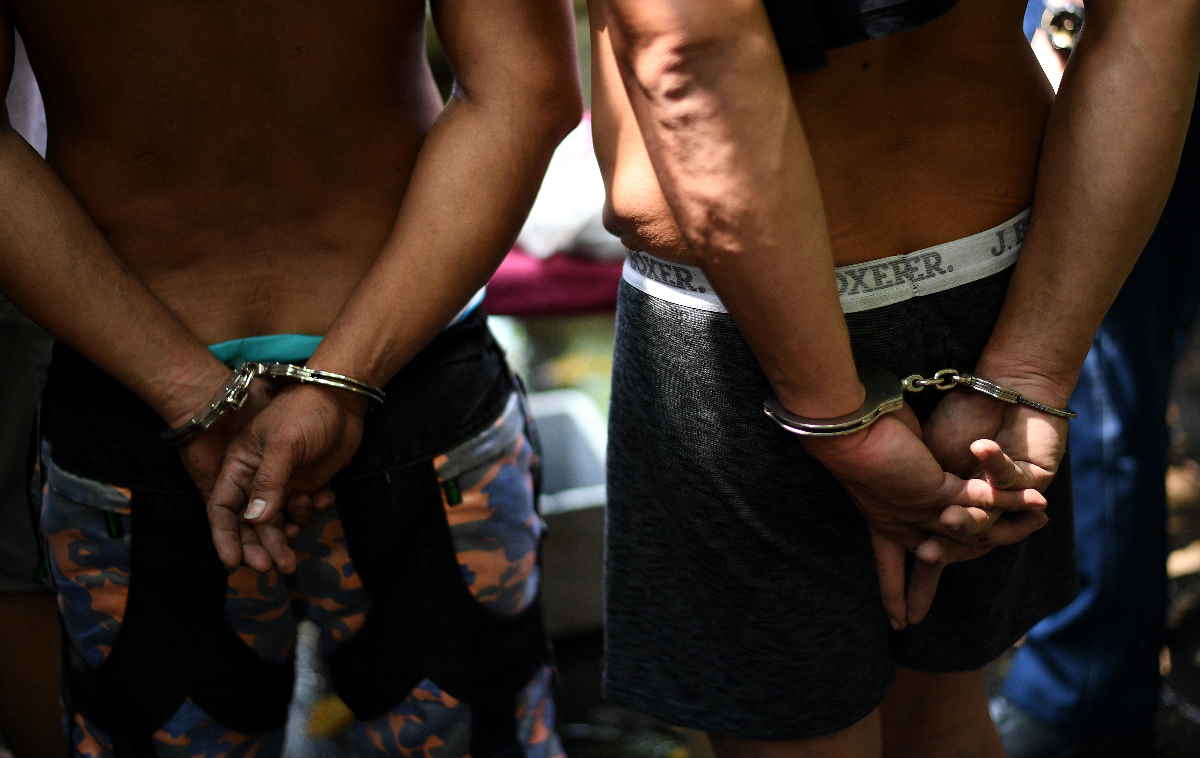Philippine President Rodrigo Duterte's administration has ordered the suspension of all loan and grant talks with foreign governments that backed a United Nations (UN) resolution to review human rights abuses during his signature anti-drug war.
The Iceland-sponsored UN Human Rights Council resolution passed by a minority vote in July, drawing the ire of Duterte, who bristles at Western condemnation of his campaign which has killed thousands and drawn international condemnation but is widely supported by Filipinos.
Duterte's chief aide Salvador Medialdea, in a memorandum which he signed "by order of the president", instructed all government agencies to cut off all official development aid talks with the 18 countries that voted for the resolution.
The order, noting the "administration's strong rejection of the resolution", was issued on 27 August but only revealed in local media reports late Friday.
Duterte's spokesman Salvador Panelo on Friday denied the president's office had issued the memorandum, and a copy posted to the Bureau of Customs website was taken down Saturday.
Human Rights Watch Asia deputy chief Phil Robertson told the media that any such move would "only result in renewed determination by the Council to get to the bottom of these abuses".
'Digging its own hole'
"The country is digging itself into a deeper hole by this retaliation," Senator Francis Pangilinan, president of the opposition Liberal Party, said.
The amount of aid that would be held up by the order was not known.
But Foreign Secretary Teodoro Locsin said in a tweet that going by past records, the funds from the countries were "not worth the candle considering the amounts and the terms and the money goes mostly to consultants".
The 18 members that backed the resolution are Argentina, Australia, Austria, Bahamas, Britain, Bulgaria, Croatia, Czech Republic, Denmark, Fiji, Iceland, Italy, Mexico, Peru, Slovakia, Spain, Ukraine, and Uruguay.
Some signatories are members of the European Union (EU), one of the Philippines' largest sources of official development assistance. The EU ambassador to Manila declined to comment.
Australia is also a key source of security assistance.
Panelo had told reporters shortly after the July vote that Duterte was seriously considering breaking diplomatic ties with Iceland, which had introduced the resolution.
Duterte launched the anti-drug crackdown in 2016, and since then police say they have killed over 5,500 drug suspects. However, human rights groups say the true toll is four times that number.
The UN review comes in addition to a preliminary examination already launched by war crimes prosecutors from the International Criminal Court, which the Philippines left earlier this year. - AFP
